Zamknij arrow_back
- Nowości
-
Mapy i publikacje
add remove Mapy papierowe add removePublikacje papierowe add remove
-
Nawigacja
add remove Zegary add removeBarometry add removeTermometry , Higrometry, Barografy add removeAreometry (Densymetry) add remove
-
Sygnalizacja
add remove Lampy Nawigacyjne, Szperacze add removeŻarówki add removeLatarki add removeZnaki dzienne add remove
-
Środki ratunkowe
add remove Kamizelki add removeTratwy add removeKombinezony ratunkowe add removePirotechnika morska add removeKoła, Pławki, Tyczki add removeUprzęże, Linki, Taśmy Bezpieczeństwa add removeReflektory radarowe add removeBosaki, Wiosła add remove
-
Elektronika morska
add remove Radiotelefony add removeOdbiorniki Pogody add removePLB / AIS MOB, OLAS add removeRadiopławy, Transpondery add removeWiatromierze add removeAkcesoria add remove
-
Sprzęt pożarowy
add remove Akcesoria add remove
-
Wyposażenie pokładowe
add remove Drabinki Pilotowe, Ewakuacyjne add remove
- Nowości
-
Mapy i publikacje
add remove Mapy papierowe add removePublikacje papierowe add remove
- Nawigacja add remove
- Sygnalizacja add remove
- Środki ratunkowe add remove
- Elektronika morska add remove
- Sprzęt pożarowy add remove
-
Wyposażenie pokładowe
add remove
Response to a Marine Oil Pollution Incident, 2016 Edycja
This publication provides Guidelines on international offers of assistance (IOA) in response to a marine
oil pollution incident and is designed for use by any country, particularly parties to the International
Convention on Oil Pollution Preparedness, Response and Co-operation, 1990 (OPRC 1990), as a tool to
assist in managing requests for spill response resources and offers of assistance from other countries and
organizations when confronted with large, complex or significant oil spill incidents.
Although developed by a technical group of the IMO, these guidelines could be used during large,
complex or significant oil spills within inland areas as well as marine or coastal environments. While
these guidelines can play an important role in the implementation of the OPRC 1990 Convention, they
are not prescriptive or legally binding, and are meant as a tool to assist as needed.
oil pollution incident and is designed for use by any country, particularly parties to the International
Convention on Oil Pollution Preparedness, Response and Co-operation, 1990 (OPRC 1990), as a tool to
assist in managing requests for spill response resources and offers of assistance from other countries and
organizations when confronted with large, complex or significant oil spill incidents.
Although developed by a technical group of the IMO, these guidelines could be used during large,
complex or significant oil spills within inland areas as well as marine or coastal environments. While
these guidelines can play an important role in the implementation of the OPRC 1990 Convention, they
are not prescriptive or legally binding, and are meant as a tool to assist as needed.
Podobne z kategorii
Availability: Out of stock
Kamizelka SKI 50N • Kolor: Czarny/Pomarańczowy • Wyporność: 45N • Waga: 60-70 kg • Rozmiar: L
Availability: Out of stock
Edycja: 2023





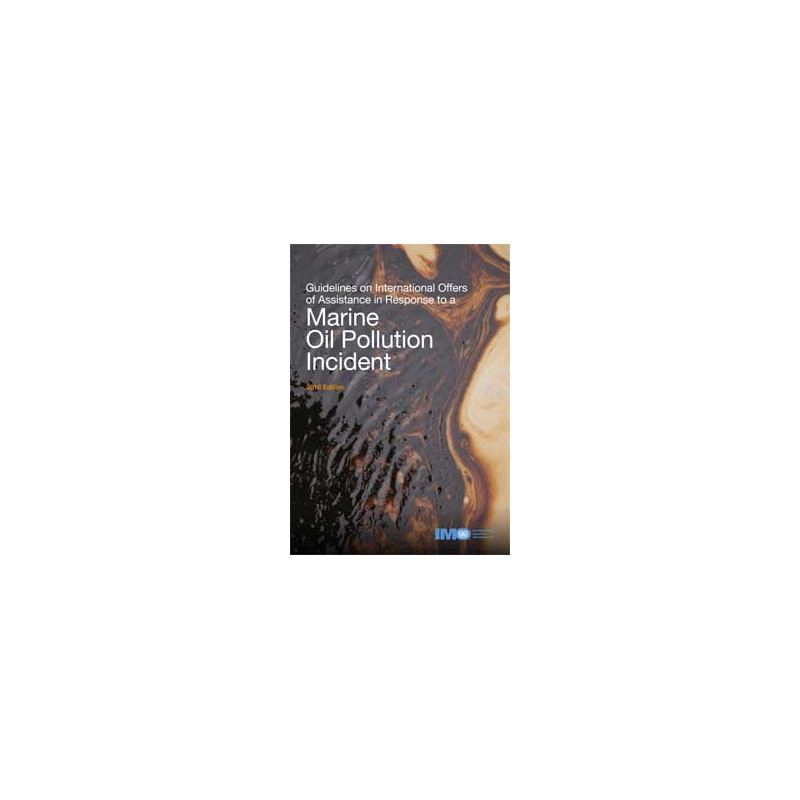

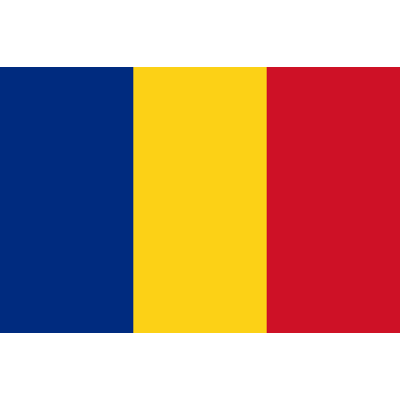
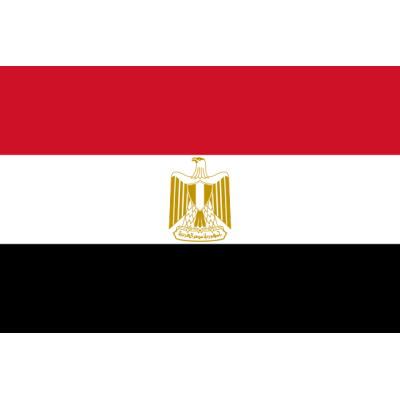
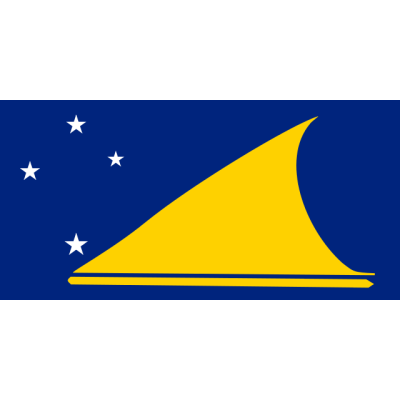
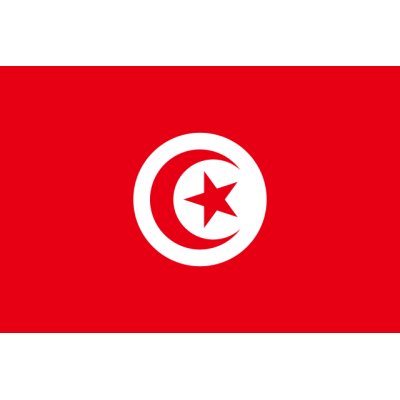


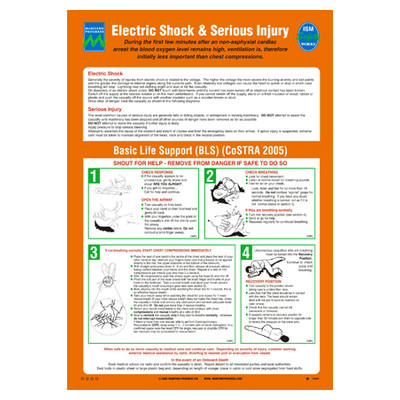
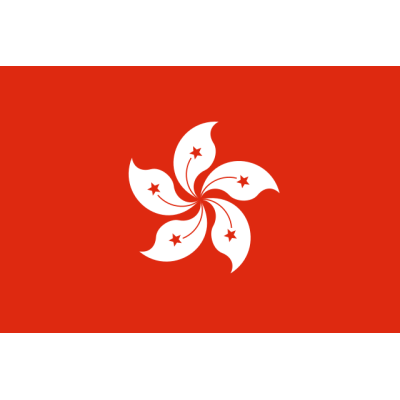
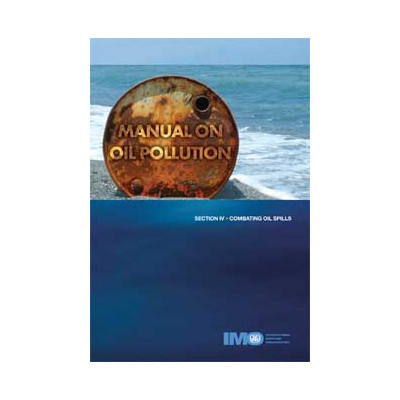
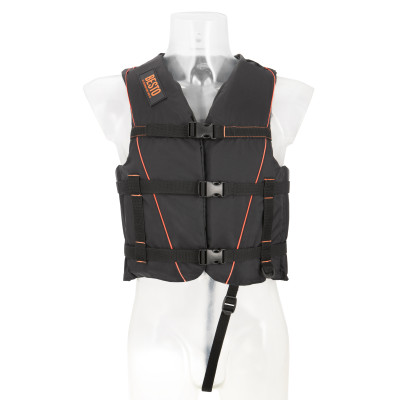
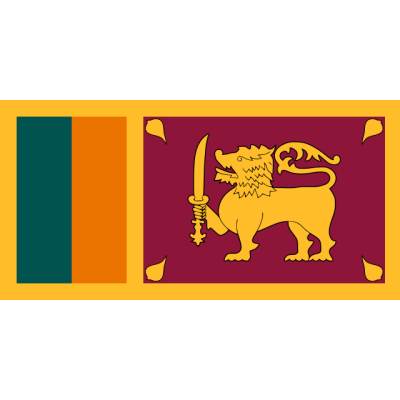
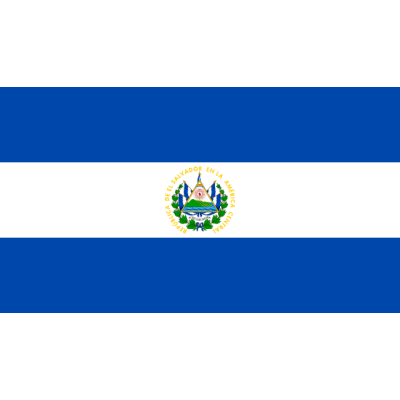
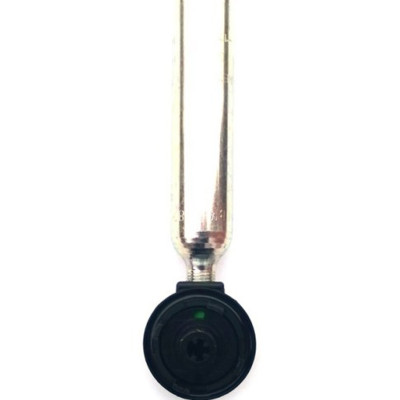
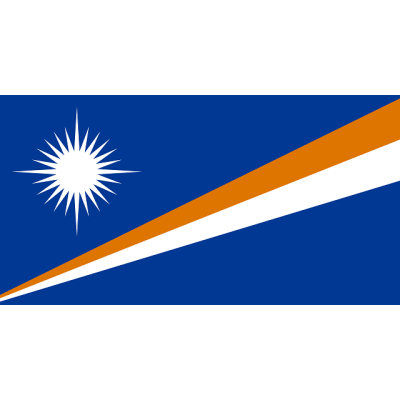
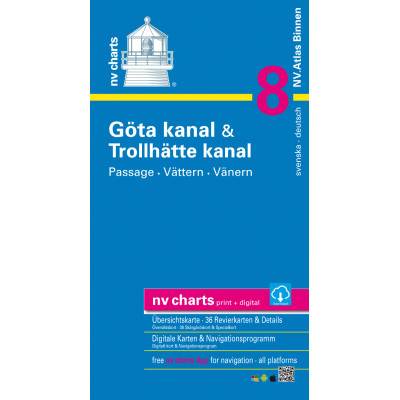
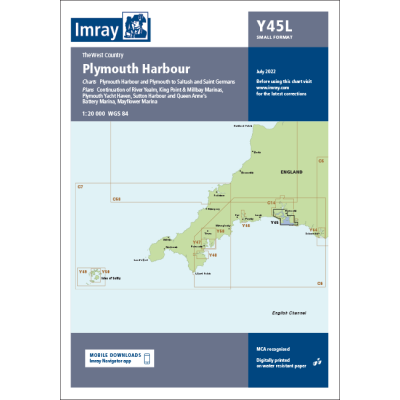
 Cookies
Cookies